BACON: SUPERFOOD OR HIPSTER NONSENSE?
I have never in my life enjoyed eating bacon- it seemed like a pointless food designed to satiate useless people in the effort to fill their bellies as a metaphor for filling their empty souls and lives. I honestly viewed lovers of bacon with contempt for most of my life, and as I got older and bacon as a fad took off, I concluded that there couldn’t possibly be any merit to “meat candy” at all, especially with hipsters and paleotards calling it that.
Firstly, never mind the fact that if you made a Venn diagram of hipsters, beardos, and people who yammer on endlessly about how much they love bacon (and Kerrygold butter, but that’s another stupid issue for another rant), you’d be looking at a single circle.
Secondly, never mind the fact that your Facebook page is likely overrun, as mine is, by Grizzly Adams lookalikes who’ve mistaken hobo chic for masculinity and cannot stop posting pictures of their food, which is invariably 40% bacon, whether it’s a sheet cake or a fruit salad. Forgeet the fact that if you find yourself in a cool little indie bookstore in a trendy part of town, half the goddamned books are about bacon, they likely sell sunglasses with faux moustaches dangling from them, and that stupid crap is sitting right next to bacon flavored Chapstick. Although, those asshats might love bacon, but they also love stuff like breathing and drinking water, and none of us should quit doing either of those things just because insufferable tools with a misplaced sense of vanity and a flair for being public nuisances like them as well.
Striving to pull myself from the mental morass that is my sea of problems with internet memes, stupid social trends, and the odious nature of social media and the utter pillocks who apparently perpetuate it, I shall get back on topic. Research into nutrition over the last ten years reinforced, by and large, my opinion of bacon. Loren Cordain, for instance, the author of the Paleo Diet, detest bacon, claiming it’s unlike anything paleolithic man ate and deleterious to one’s health due to its nitrate and nitrite content, “low” protein content, and high levels of fats.
Additionally, since factory farmed pigs are raised on a diet of soybean protein, ground grain, and a vitamin-mineral mix, they have less omega 3 fatty acids in them. For whatever reason, paleo authors seem to think that feedlot pigs are sickly, but as they’re raised to grow as quickly as possible and be as large and lean as possible in a short time, they’re far from sickly- they’re just maltreated. According to Cordain, though,
“A FINAL WAY OF COMPARING THE ARTIFICIAL AND UNHEALTHFUL CHARACTERISTICS OF BACON TO FREE RANGE PORK MEAT IS BY CONTRASTING THE NUTRITIONAL CHARACTERISTICS OF FEED LOT RAISED PIGS (WHICH ARE USED TO PRODUCE BACON) TO FREE RANGING WILD BOARS. ALTHOUGH YOU MAY THINK THAT WILD BOARS ARE COMPLETELY UNRELATED TO DOMESTICATED PIGS, ACTUALLY THEY ARE EXACTLY THE SAME GENUS AND SPECIES – EXCEPT THAT ONE LIVES UNDER THE HAND OF HUMANS WHEREAS THE OTHER LIVES FREELY.
WILD PIGS/BOARS FORAGE FREELY AND OPPORTUNISTICALLY AND EAT MAINLY VEGETABLE MATERIAL, BUT ALSO SMALL GAME SPECIES, EGGS, NESTLING BIRDS. CONSEQUENTLY, FOR HUMANS EATING WILD BOAR MEAT, WE MAY BENEFIT BY CONSUMING THE SUPERIOR NUTRITIONAL CHARACTERISTICS OF WILD PIGS INCLUDING LEANER MEAT, GREATER BENEFICIAL POLYUNSATURATED FATS AND HIGHER VITAMIN E.
BECAUSE PIGS ARE MONOGASTRIC ANIMALS (SINGLE STOMACH), THEY HAVE THE ABILITY TO CONVERT VEGETABLE AND PLANT 18 CARBON FATTY ACIDS (ALA) TO THE 20 AND 22 CARBON FATTY ACIDS (EPA AND DHA) WHICH REDUCE INFLAMMATION, REDUCE CARDIOVASCULAR DISEASE AND PROMOTE GOOD HEALTH FOR US ALL WHEN WE EAT PORK. FREE RANGING PORK CONTAINS HIGHER CONCENTRATIONS OF THESE BENEFICIAL FATTY ACIDS THAN ARE FOUND IN THEIR FEED LOT PRODUCED COUNTERPARTS.
IN THE PAST 200 YEARS, THE FOOD PROCESSING INDUSTRY HAS PRODUCED AN INCREDIBLE PLETHORA OF FOOD PRODUCTS WHICH ARE ALMOST IRRESISTIBLE TO OUR TASTE BUDS. I’LL LIST JUST A FEW OF THESE, BUT BACON SURELY MUST LIE SOMEWHERE IN THE TOP 5 OR 10” (CORDAIN).
Although pigs were domesticated during the paleolithic era (Hirst), Loren Cordain seems as staunchly anti-bacon as the Kardashians are anti-intellectual. Furthermore, Cordain is apparently not anti-feedlot pork, as his diatribe above was prefaced with a comparison of pork chops and bacon. Compounding that contradiction is the fact that no two paleo authors seem to agree on anything having to do with what a “paleo” diet is, I decided to see what other paleo authors thought about bacon:
- the progenitors of the paleolithic diet, S Boyd Eaton and Melvin Konnor, recommend against eating foods high in salt and fatty meat, so bacon is a definite no (Konnor).
- Ray Audette, the author of Neanderthin, eats a pound of bacon every day for breakfast (Barr).
- Art DeVany, evolutionary exercise author and author of New Evolution Diet says bacon’s ok, so long as you trim the fat (DeVany).
- Keith Thomas, who runs the site EvFit (and pulls 429 at 60 years old), eats free-range, nitrate free bacon about once a month.
- Robb Wolf, author of Paleo Solution, eats bacon regularly.
- Mark Sisson, author of the Primal Solution, asserts that “There’s no such thing as too much bacon” (Sisson).
Frankly, I don’t know what the big deal is for the people who claim it’s not paleo, especially those in Cordain’s camp- pork belly is no less paleo than modern fruits and veggies, and from what I can see it’s roughly the same in terms of nutrition. Sure, you might be getting more omega 6’s in factory-farmed bacon, but that’s the case with every kind of factory-farmed meat. Moreover, as you can see below, from a macronutrient standpoint, pork bacon and boar bacon differ only slightly, and the edge might go to pork bacon.
When you get down to it, about the only thing that would be paleo in terms of a diet would be hunting and gathering in a wildlife preserve. Modern strawberries are genemodded monstrosities compared to wild strawberries, the modern potato doesn’t even begin to resemble its paleolithic counterpart (which had a poisonous, thick skin), and the ancient precursor to the apple was basically the size of a cherry and somewhat sour. So, it’s ridiculous to avoid bacon because it’s not “paleo”-very little food on Earth is.
So, having put the whole “paleo” baby to bed, it’s time to address the substances that get naturopaths foaming at the mouth like an epileptic while filming bukkake in a room filled with strobe lights- nitrates and nitrites. Nitrates and nitrites, in the form of sodium nitrate and sodium nitrite, are used in very small amounts in curing meats, and some studies have shown them to be linked with increased risk of colorectal cancer, Alzheimer’s, and a variety of other diseases, presumably since they damage DNA. Sounds horrible, right? Well, brace yourself, because bacon is not the culprit even if a direct link had been discovered between nitrates and nitrites- radishes and your own spit are.
“IN FACT, NITRITES ARE PRODUCED BY YOUR OWN BODY IN GREATER AMOUNTS THAN CAN BE OBTAINED FROM FOOD, AND SALIVARY NITRITE ACCOUNTS FOR 70-90% OF OUR TOTAL NITRITE EXPOSURE. IN OTHER WORDS, YOUR SPIT CONTAINS FAR MORE NITRITES THAN ANYTHING YOU COULD EVER EAT.
WHEN IT COMES TO FOOD, VEGETABLES ARE THE PRIMARY SOURCE OF NITRITES. FOR INSTANCE, ON AVERAGE, ABOUT 93% OF NITRITES WE GET FROM FOOD COME FROM VEGETABLES. IT MAY SHOCK YOU TO LEARN THAT ONE SERVING OF ARUGULA, TWO SERVINGS OF BUTTER LETTUCE, AND FOUR SERVINGS OF CELERY OR BEETS ALL HAVE MORE NITRITE THAN 467 HOT DOGS. AND YOUR OWN SALIVA HAS MORE NITRITES THAN ALL OF THEM! SO, BEFORE YOU ELIMINATE CURED MEATS FROM YOUR DIET, YOU MIGHT WANT TO ADDRESS YOUR CELERY INTAKE. AND TRY NOT TO SWALLOW SO FREQUENTLY” (KRESSER).
Suuuuuure it did.
- Spinach may contain 500 to 1900 parts per million of nitrate
- Radishes may contain 1500 to 1800 parts per million
- Lettuce may contain 600 to 1700 parts per million.
- Cured meats is no more than 156 parts per million, and in most cases, the amount added is 120 parts per million or less and after processing the amount remaining in the final product is typically 10 parts per million or less.
Hilarious, right? Luckily for vegans, though, it seems that dietary nitrates and nitrites are not directly linked with deleterious health effects, and they have been shown to have positive health effects.
“FROM A THERAPEUTIC AND NUTRITIONAL ASPECT, NITRATE AND NITRITE HAVE BEEN SHOWN TO REDUCE BLOOD PRESSURE (LARSEN ET AL. 2006), PROTECT AGAINST ISCHAEMIA-REPERFUSION (DURANSKI ET AL. 2005), REDUCE OXIDATIVE STRESS (CARLSTROM ET AL. 2011), MODULATE MITOCHONDRIAL FUNCTION (LARSEN ET AL. 2011) AND REDUCE OXYGEN CONSUMPTION DURING EXERCISE (LARSEN ET AL. 2007). THE LATTER FINDING HAS ATTRACTED GREAT INTEREST FROM THE SPORTS COMMUNITY AND AMONG EXERCISE PHYSIOLOGISTS” (WITZBERG).
Meanwhile, bro- nitrates convert to nitrites, and nitrites convert to nitric oxide. Thus, when you eat cured meats, you’re getting a little bit of a pump on.
It’s not just the NO2 that makes bacon a baller meat source, however- pork is higher in B vitamins than other meats, has a stellar amino acid profile, and gives you another option when rotating protein sources, which many nutritionists think is ideal for maximal health. After that, this may be why strength athletes and bodybuilders have long advocated the inclusion of bacon in their diet. Oh, you didn’t know that those guys have been stuffing their faces with meat candy since the early 20th Century? Well, they have. Here’s a short list of some vocal bacon advocates:
- Mariusz Pudzianowski– multiple winners of the World’s Strongest and and possessor of one of the greatest physiques evreeats a bare minimum of two pounds of bacon a day (Horton).
- The Saxon Trio– these turn of the century strenght behemoths ate over three pounds of bacon a day (Gadreau).
- Adolph Nordquist– the “Young Sandow was famous for his strength and his incredible physique, and recommended eating bacon to supplement the diet with fat for greater strength (Roach 39).
- Arnold Schwarzenegger– at his biggest as a competitor, Arnold ate bacon every morning with his breakfast (Arnold).
- Dan Duchaine– bodybuilding guru and chemist Dan Duchaine recommended bacon as a part of the diet for the entirety of his life.
- Peary Rader– founder of Iron Man magazine, Olympic weightlifter, and bodybuilder Rader advocated daily consumption of ham or bacon (Roach 293)
- Vince Gironda– One of the most famous diet and bodybuilding coaches, and an accomplished bodybuilder himself, Gironda espoused the consumption of bacon for maximal strength and definition (Palmieri 51).
- Reg Park– champion bodybuilder, the first bodybuilder to bench 500 lbs, and early action movie star Park ate bacon daily as a part of his breakfast.
In conclusion, it seems that bacon is, in fact, all that it’s cracked up to be, especially in terms of a paleolithic or ketogenic diet. The annoyance of hipstery-crap, nonsensical trends aside, bacon can serve as a badass addition to a diet from a variety of standpoints and is hardly the harbinger of doom that patchoili-scented naturopath “doctors” like to contend.
For more informative blogs by Chaos and Pain click here.
Sources:
AMI Fact Sheet: Sodium nitrate: the facts. American Meat Institute. Web. 19 Dec 2014. http://www.meatami.com/ht/a/GetDocumentAction/i/44170
Arnold Schwarzenegger’s blueprint. Bodybuilding.com. 12 Nov 2014. Web. 19 Dec 2014. http://www.bodybuilding.com/fun/arnold-schwarzenegger-blueprint-trainer-mass-nutrition.html
Barr, Luke. Neanderthin! GQ article reprinted online. Neanderthin.com. Web. 12 Dec 2014. http://neanderthin.com/gq.htm
Cordain, Loren. Bacon: Is there anything left to discuss? The Paleo Diet. Jun 2014. Web. 12 Dec 2014. http://thepaleodiet.com/bacon-anything-left-to-discuss/
DeVany, Art. The Beginner’s Guide to Evolutionary Fitness. Artdevanyonline.com. 2 Dec 2012. Web. 12 Dec 2014. http://www.artdevanyonline.com/1/category/diet/1.html
Gadreau, Lou. The Saxon Trio: what they ate and how they trained. Bob Whelan.com. Web. 19 Dec 2014. http://www.bobwhelan.com/history/saxontrio.html
Knekt P, Järvinen R, Dich J, Hakulinen T. Risk of colorectal and other gastro-intestinal cancers after exposure to nitrate, nitrite and N-nitroso compounds: a follow-up study. Int J Cancer. 1999 Mar 15;80(6):852-6.
Konner M, Eaton SB. Paleolithic nutrition: twenty-five years later. Nutr Clin Pract. 2010 Dec;25(6):594-602.
Kresser, Chris. The nitrate and nitrite myth: Another reason not to fear bacon. Chris Kresser. 2 Jul 2014. Web. 19 Dec 2014. http://chriskresser.com/the-nitrate-and-nitrite-myth-another-reason-not-to-fear-bacon
Maestri, Nicoletta. Potato history- Archaological evidence for domesticating potatoes. About.com. Web. 19 Dec 2014. http://archaeology.about.com/od/plthroughpo/a/Potatoes.htm
Palmieri, Alan. Vince Gironda: Legend and myth. Web. 19 Dec 2014. http://www.davedraper.com/fusionbb/fbbuploads/1225141331-GirondaBook.pdf
Reg Park’s Diet for a Classic Physique! Classic Physique Builder. 19 Feb 2009. Web. 19 Dec 2014. http://classicphysiquebuilder.blogspot.com/2009/02/reg-parks-diet-for-classic-physique.html
Sisson, Mark. How Much Is Too Much? Mark’s Daily Apple. 31 Mar 2010. 18 Dec 2014. http://www.marksdailyapple.com/how-much-is-too-much/#ixzz3MHX4UDBe
Swann PF. Carcinogenic risk from nitrite, nitrate and N-nitrosamines in food. Proc R Soc Med. Feb 1977; 70(2): 113–115.
Witzberg E, Lundberg JO. Dietary nitrate – a slow train coming. J Physiol. Nov 15, 2011; 589(Pt 22): 5333–5334.

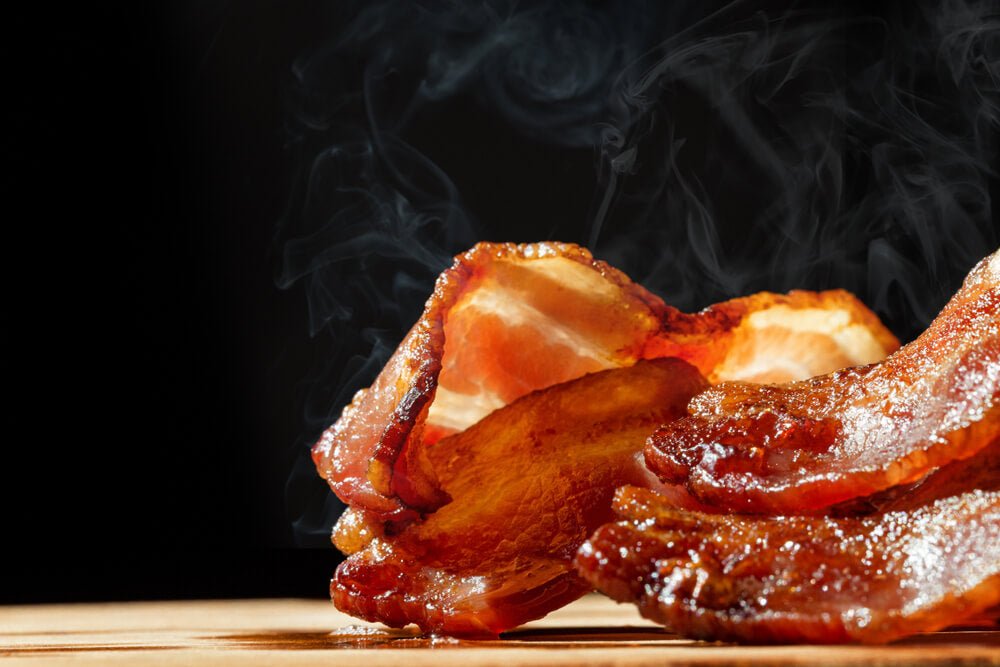
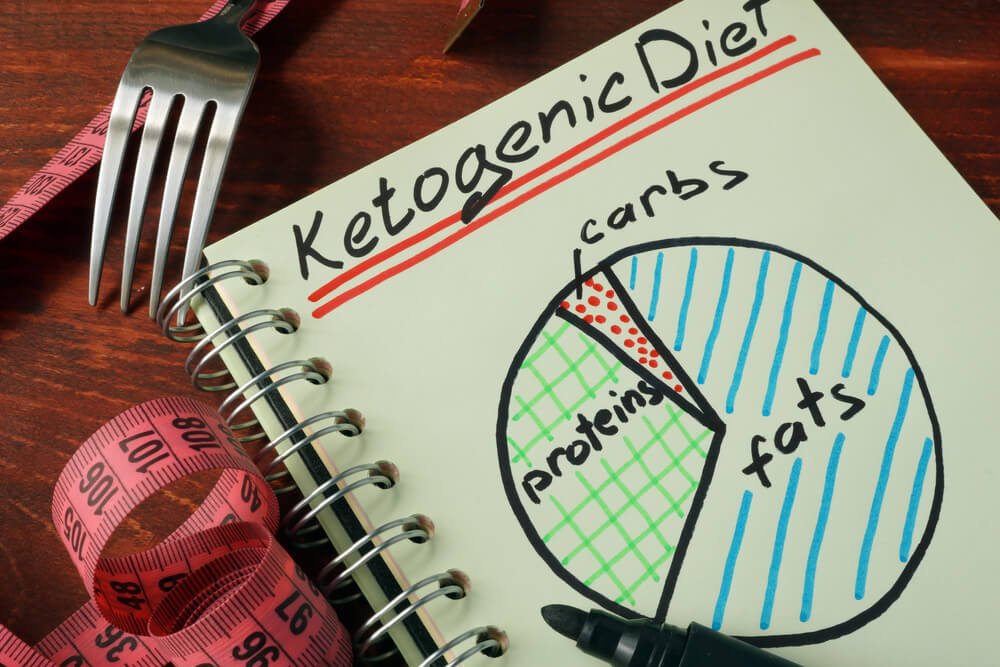

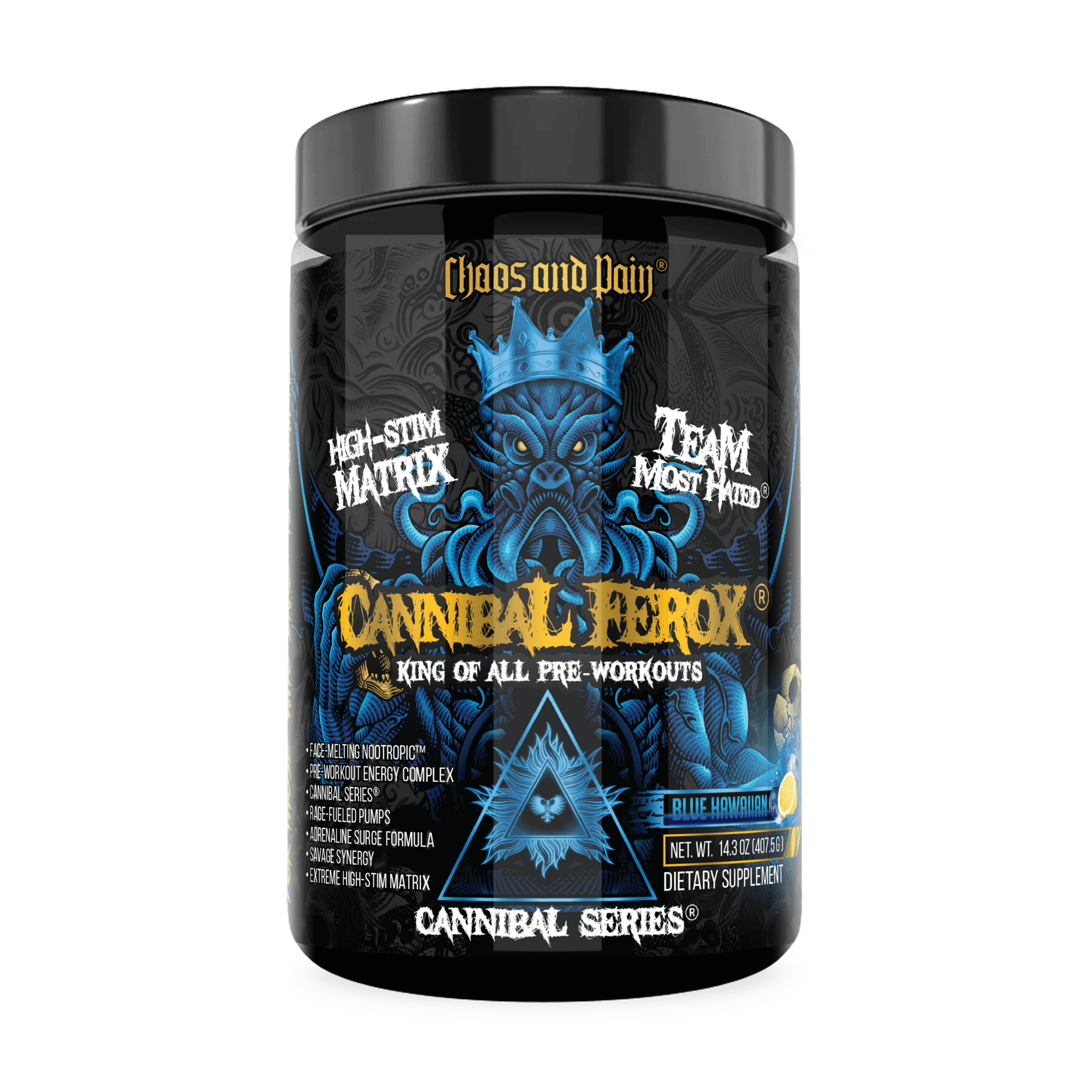
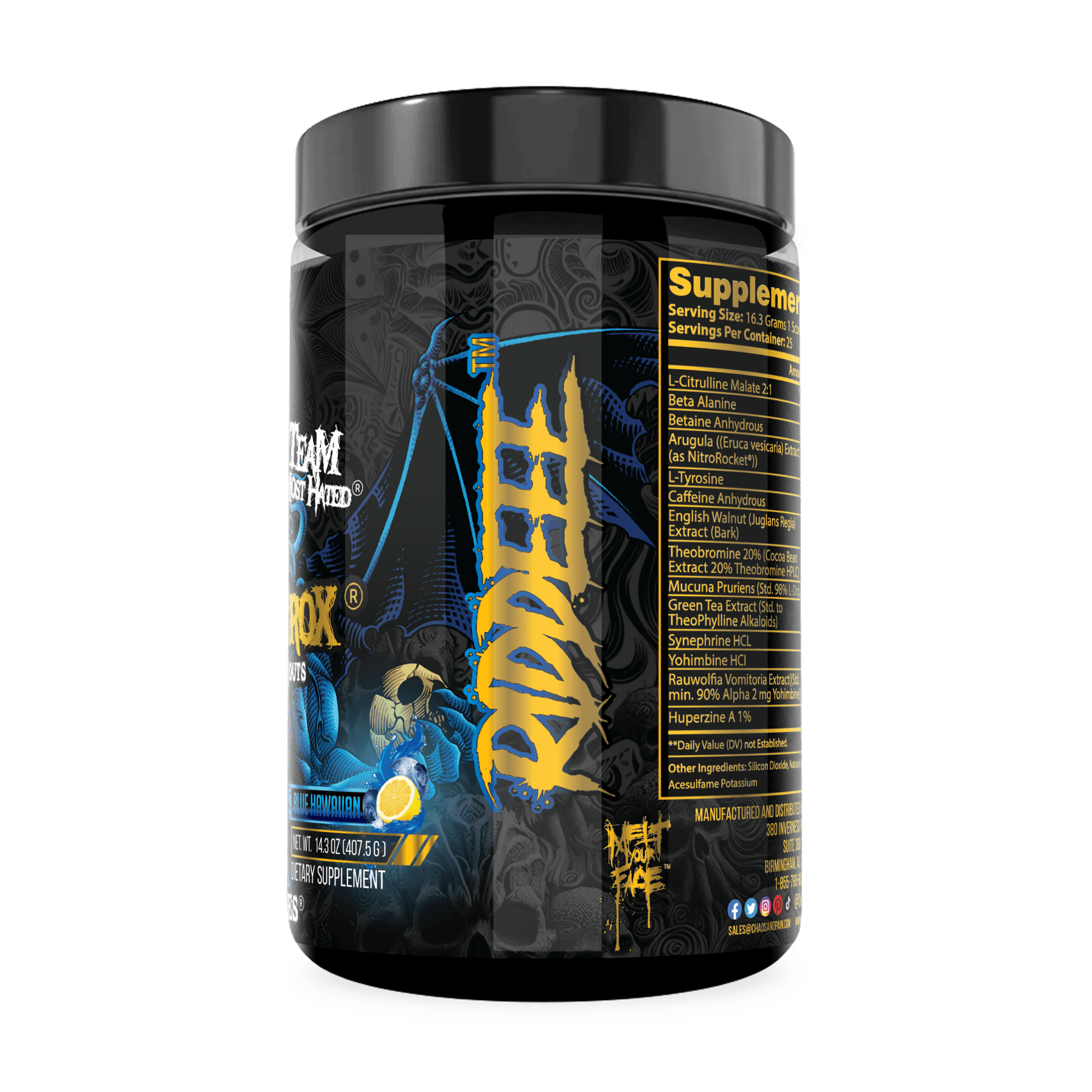


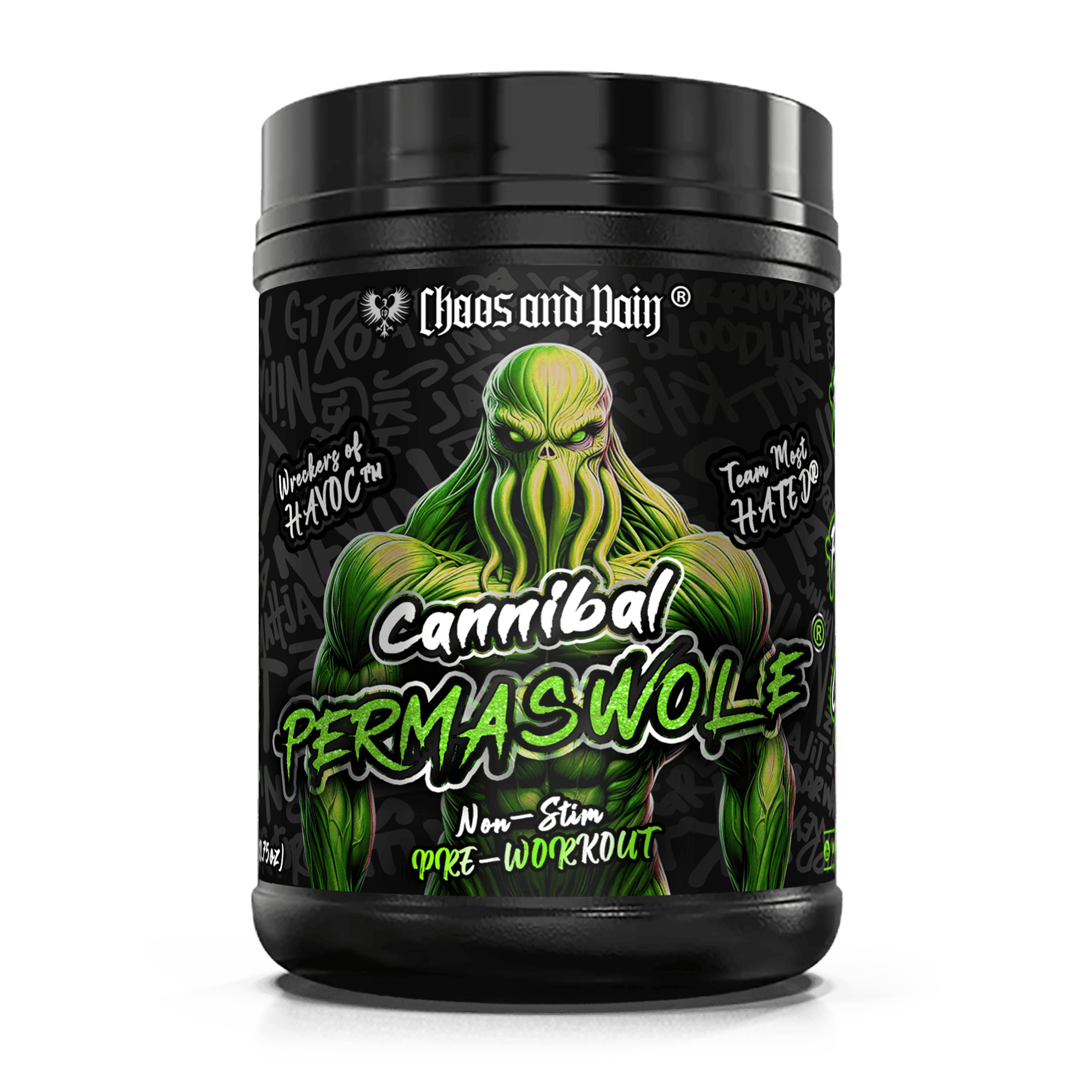
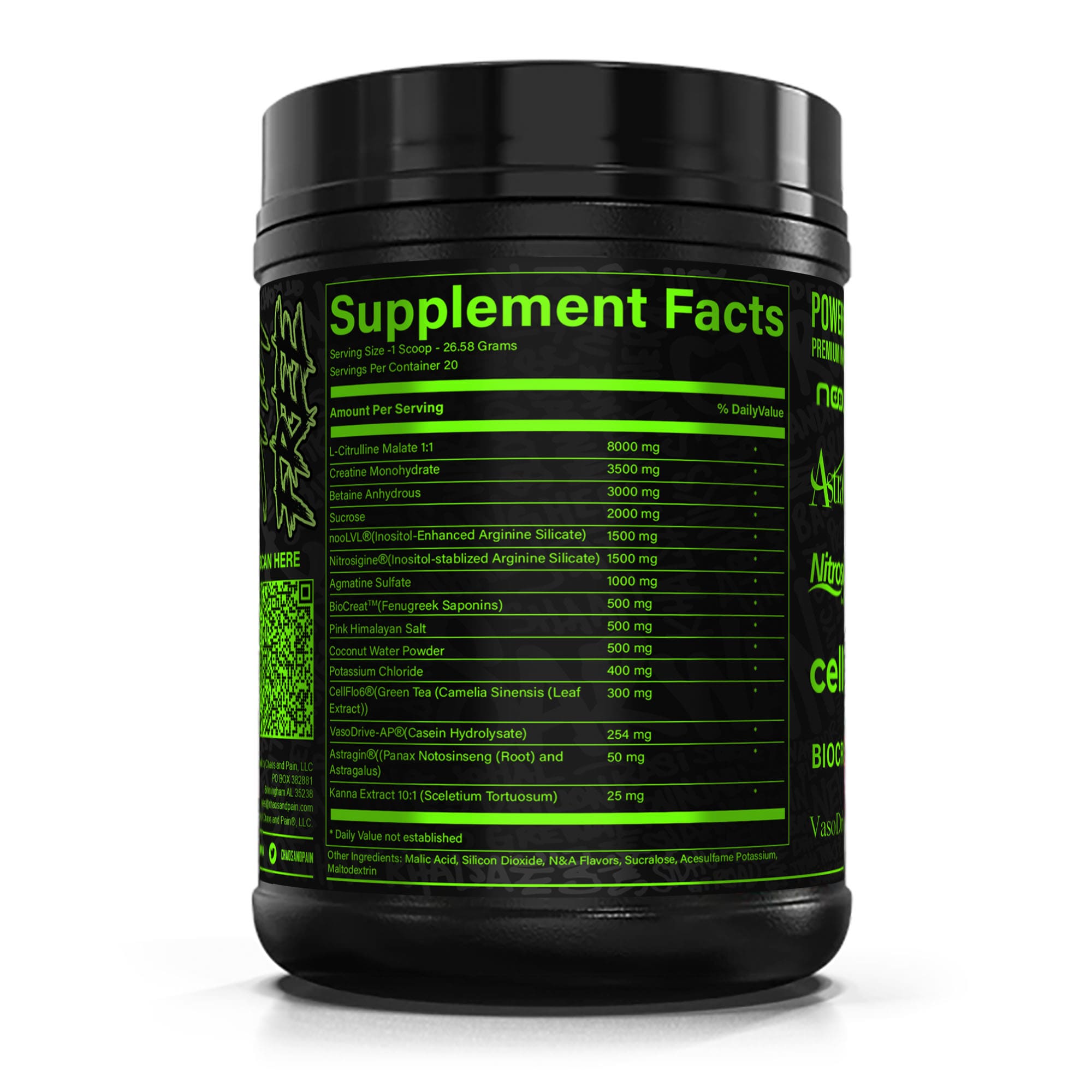
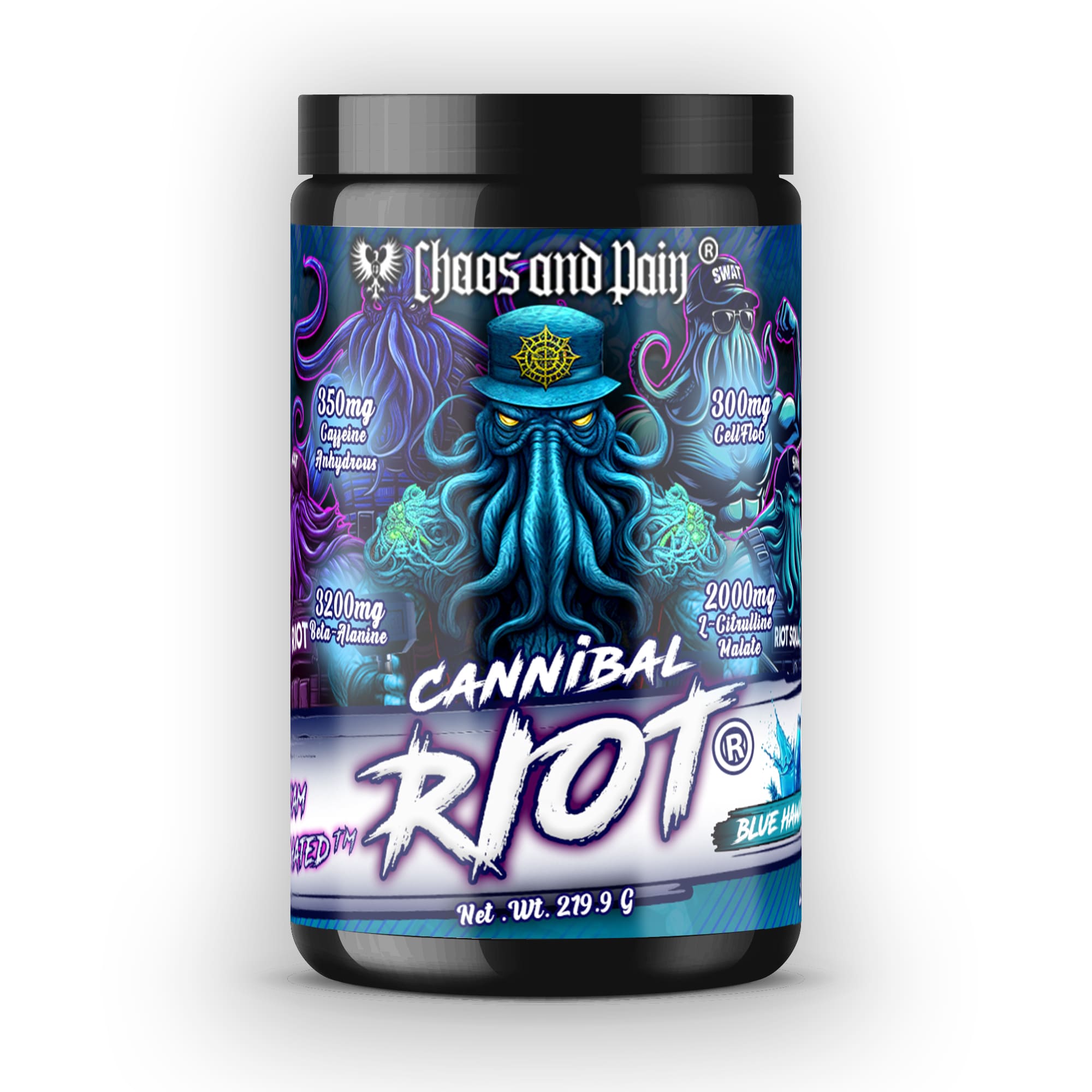
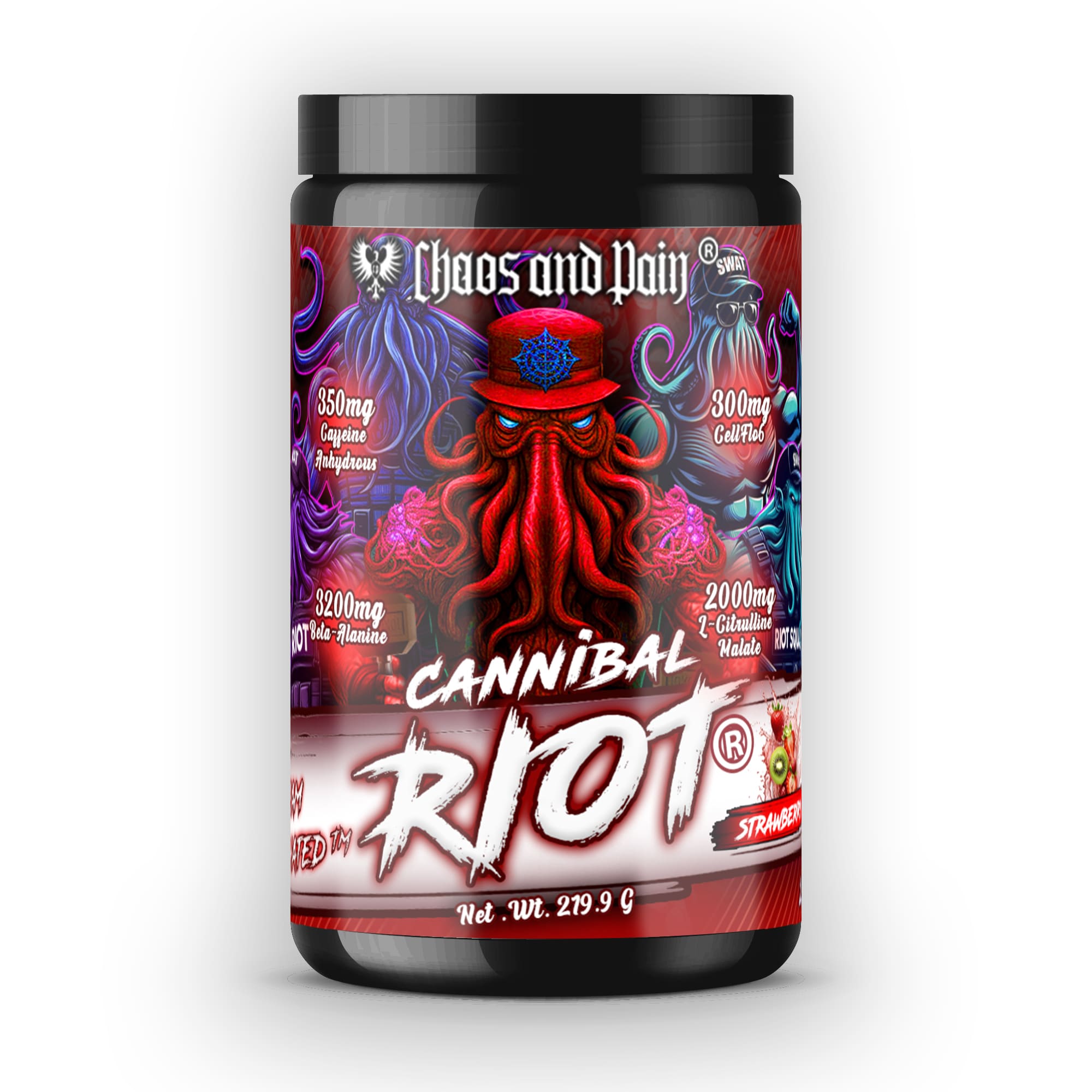
Leave a comment
All comments are moderated before being published.
This site is protected by hCaptcha and the hCaptcha Privacy Policy and Terms of Service apply.